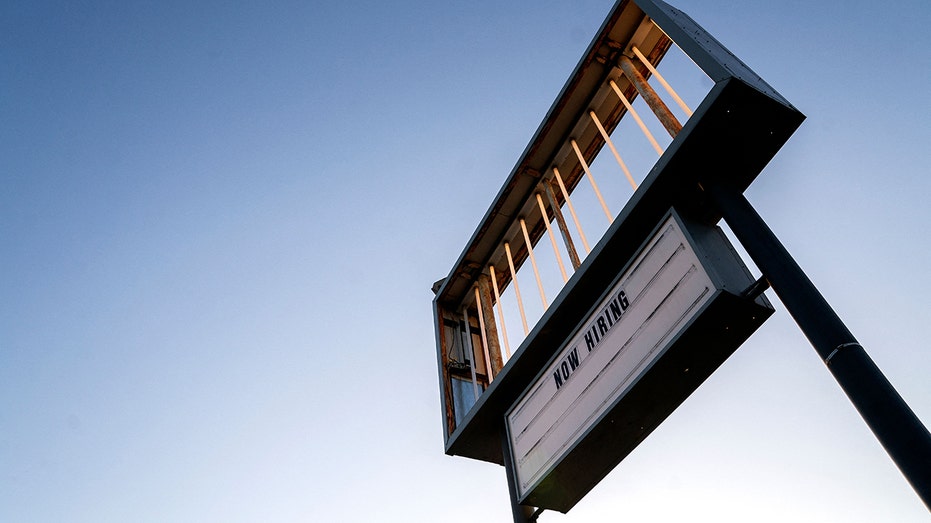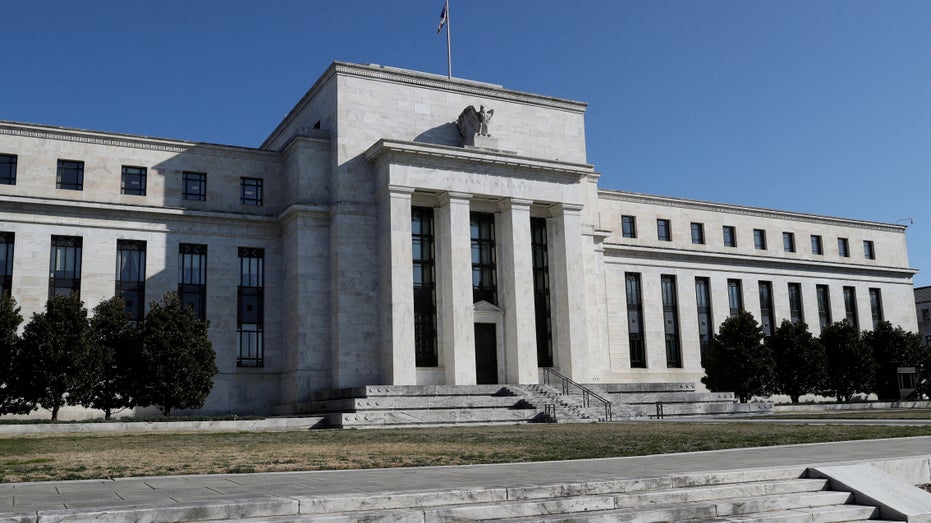Tips for navigating a recession
US economy entered technical recession in second quarter amid raging inflation
A recession is more likely than a soft landing: expert
Liz Ann Sonders, Beth Kindig and Jared Dillian provide insight on the Fed's rate hikes and the stock market on 'Making Money.'
The U.S. economy may or may not be in a recession, but economists broadly agree that a downturn is looming due to high inflation and higher interest rates.
Gross domestic product (GDP), the broadest measure of goods and services produced in the country, already fell two straight quarters, meeting the technical – but unofficial – criteria for a recession.
The economy shrank by 1.6% from January to March and fell by another 0.9% in the period from April to June. The Commerce Department will release revised figures for second-quarter GDP Thursday morning, which are expected to show that the economy remained in a hole last quarter.
Recessions are technically defined by two consecutive quarters of negative economic growth and are characterized by high unemployment, low or negative GDP growth, falling income and slowing retail sales, according to the National Bureau of Economic Research (NBER), which tracks downturns.
IS THE UNITED STATES ENTERING A RECESSION?

A "now hiring" sign in front of a restaurant in Rehoboth Beach, Del., March 19, 2022. (Stefani Reynolds/AFP via Getty Images / Getty Images)
The NBER, the official arbiter, typically waits up to a year to call recessions, which require a "significant decline in economic activity that is spread across the economy and that lasts more than a few months." The nonprofit group has also stressed that it relies on more data than GDP in determining whether there's a recession, such as unemployment and consumer spending, which remained strong in the first six months of the year. It also takes into consideration the depth of any decline in economic activity.
"Thus, real GDP could decline by relatively small amounts in two consecutive quarters without warranting the determination that a peak had occurred," the nonprofit said on its website.
The committee does not meet regularly, only when members decide it is warranted.
There are conflicting signs about the economy's health, fueling debate over the state of the economy. The number of Americans filing for unemployment benefits has gradually increased, companies have announced layoffs or hiring freezes and the housing market is softening.
At the same time, unemployment remains near a historic low, and consumers are still spending heavily, despite scorching-hot inflation.

The Federal Reserve Board building on Constitution Avenue is pictured in Washington, D.C., March 19, 2019. (REUTERS/Leah Millis / Reuters)
Although economists remain divided on whether the economy is officially in a recession, they largely agree that avoiding a downturn in the near future will be nearly impossible as the Federal Reserve tries to bring inflation under control by cooling consumer demand.
Whether a recession is imminent or further away, here's what Americans can do with their finances to prepare.
1. Reassess your budget monthly
Experts advise that Americans should take a close look at where they spend their money each month and take stock of where they can cut back. To be well-prepared for a recession or other financial hurdle, individuals should have an emergency fund that covers at least three to six months of living expenses and, ideally, a nest egg for retirement, according to Equifax.
US ECONOMY HEADED FOR RECESSION BY MID-2023, MAJORITY OF ECONOMISTS SAY
"If you don't have at least three to six months of basic expenses in cash, then set that as your financial goal," the credit-reporting agency said. "Start by developing a basic understanding of how you are spending your money and building a budget."
2. Invest money you can afford in low-risk assets
Mike Charalambous, a director at the London-based website Invezz, said individuals should assess how much money they can afford to invest and consider purchasing some low-risk assets.

Jerome Powell, chairman of the U.S. Federal Reserve, speaks during a news conference following a Federal Open Market Committee meeting in Washington, D.C., May 4, 2022. (Al Drago/Bloomberg via Getty Images / Getty Images)
"Some firms are less affected by economic cycles while the rest of the economy suffers," he said. "Adding those to your portfolio before, or when a recession occurs, is usually a good move."
Areas in which these firms tend to operate include consumer staples like grocery stores, alcoholic beverage manufacturers, cosmetics and health care.
3. Pay down debt
Assess your debt and try to pay off any that has a high interest rate immediately. It will help those who lose their jobs but will also help individuals get in front of higher rates as the Federal Reserve raises the benchmark federal funds rate.
The national average credit card rate rose above 17% for the first time in more than two years recently as a result of the Fed's rate hikes, according to CreditCards.com.
GET FOX BUSINESS ON THE GO BY CLICKING HERE
4. Build up your resume
Recessions often result in higher unemployment rates, so it's important to consider job security and other possible career opportunities. Try to brush up on your job-hunting tools before a potential job loss.
"As you review your past work experience, look for any gaps," Equifax said. "Are there places where you could pursue continuing education or additional training? Expanding your skill set is one of the best ways to invest in yourself as an employee. This is true even if you're able to keep your position during a recession."

President Biden delivers remarks before signing into law H.R. 5376, the Inflation Reduction Act of 2022, in the State Dining Room of the White House Aug. 16, 2022. (Demetrius Freeman/The Washington Post via Getty Images / Getty Images)
5. Stay invested
Recent market volatility is unnerving and could tempt some to start selling shares in an effort to reduce exposure and limit losses.
But experts have urged investors to stay the course and remain focused on longer-term investing goals – not day-to-day swings.
CLICK HERE TO READ MORE ON FOX BUSINESS
"If you’re saving for the long-term, your focus is on 10, 20, or 30 years down the road," Principal Asset Management said. "We live in a 24/7 news cycle, and that makes it tempting to react to everything you hear. What can feel like a big moment at the time, over the long term may be remembered as just a blip on the radar screen."





















